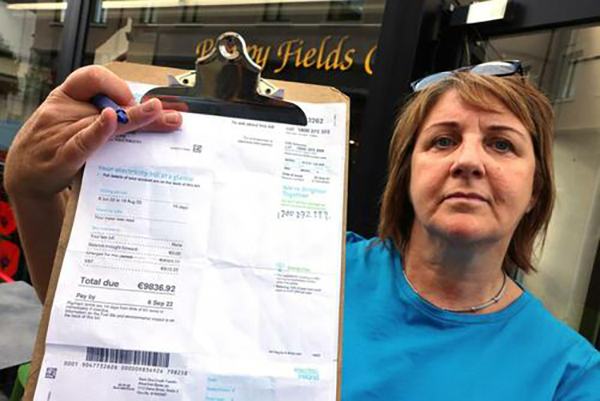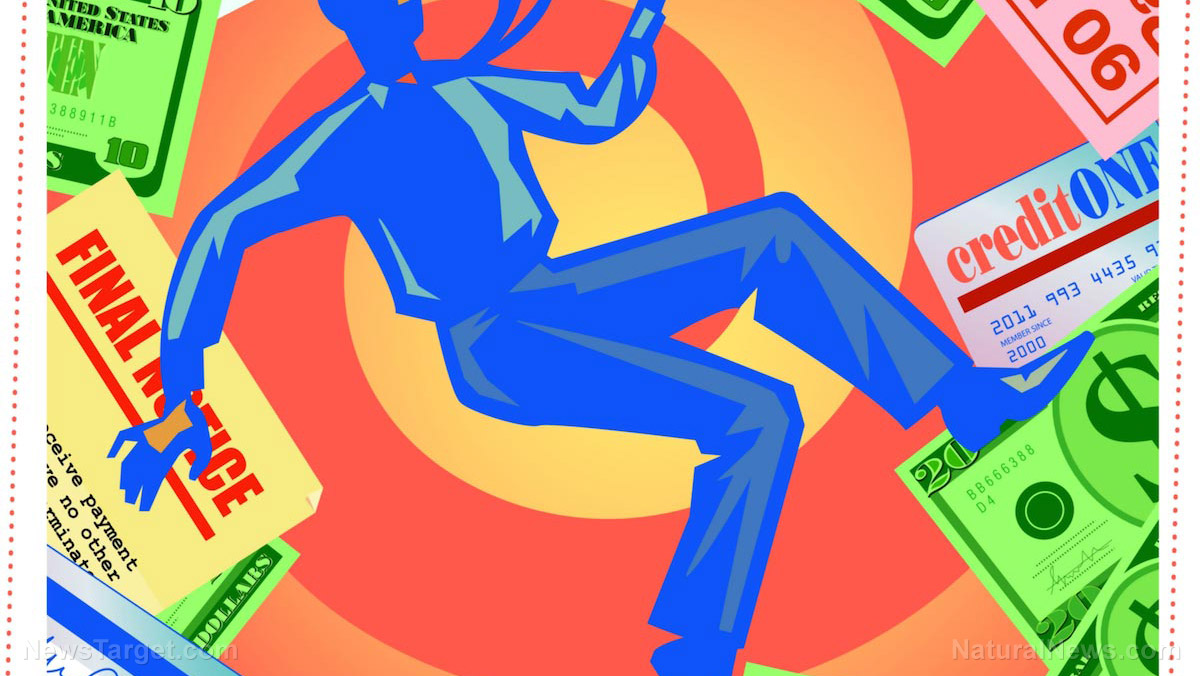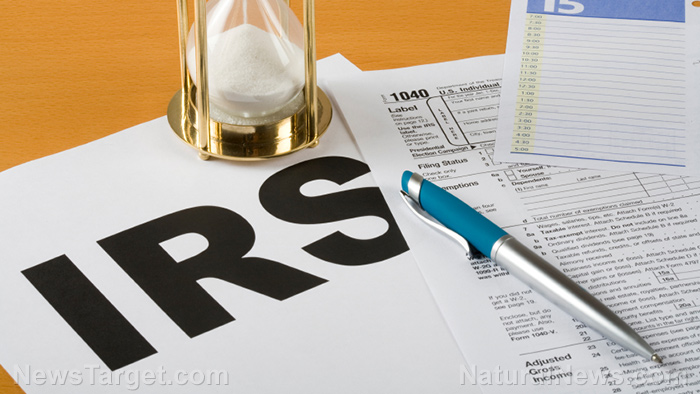Bank of America flags “outrageous” unemployment fraud worth $2 billion
12/30/2020 / By Ramon Tomey

Bank of America (BofA) pointed out potential unemployment benefits fraud in California, spread out across 640,000 accounts with suspicious activity. A BofA official said red flags they found include claims filed in the names of infants, children and centenarians, along with individuals living in other states. The bank called for an investigation of the fraudulent scheme amounting to $2 billion, “the highest estimate … since the COVID-19 pandemic triggered a wave of joblessness.”
BofA Senior Vice President for State Government Relations Brian Putler wrote in a Dec. 7 letter to legislators that the bank arrived at the estimate after working with the California Employment Development Department (EDD) to institute various fraud prevention measures designed to detect fraud. The EDD has partnered with BofA to issue debit cards with unemployment benefits.
Putler’s letter said: “As a result of these efforts, we have identified more than 640,000 accounts for EDD to evaluate as to whether they are fraudulent and the associated card should be frozen or account closed. Our assessment is that there is activity consistent with fraud in those accounts on the order of approximately $2 billion.”
The letter outlined “numerous cases” of unemployment benefits fraud found in California such as cards being sent to people living in areas that do not border the state; multiple cards being sent to a single mailing address; multiple cards using a common contact phone number or address; and benefits issued to infants, children, centenarians or other elderly people unlikely to be working.
Putler noted that while other states also experienced unemployment fraud, “the scale of [unemployment benefit] program fraud in California is unique.”
Programs have been beset with fraud for some time now
The letter by Putler followed an earlier warning by nine district attorneys to Gov. Gavin Newsom. The attorneys received unverified information that about $1 billion in benefits have been paid on claims filed by people outside the state and the country. Days before Putler penned the letter, state officials confirmed that unemployment benefits amounting to $400 million were paid on claims filed in the name of incarcerated individuals.
In addition, Putler warned that the fraud problem has implications far beyond the loss of taxpayer funds. He cited conclusions by American third-party security experts that organized crime rings may be utilizing unemployment funds to support criminal activities.
The assessment by BofA and EDD was performed after 59 state legislators wrote a letter to the bank’s CEO Brian Moynihan seeking answers on the unemployment fraud question after 350,000 debit cards were frozen due to “suspicious activity.” It appeared that complaints from legitimate customers who had their accounts frozen alongside suspicious ones inundated lawmakers, which prompted them to write to Moynihan on Nov. 24. (Related: California unemployment welfare system breaking down, workers receiving death threats for late ‘benefit checks’.)
In response, Putler wrote that the bank has increased its staffing to handle problem claims, to ensure Californians with legitimate claims are paid quickly. He also added that BofA has proposed the establishment of a dedicated call center to help authenticate blocked and frozen accounts.
Meanwhile, Republican assemblyman Jim Patterson responded to the bank’s letter by saying that too many residents who desperately need unemployment benefits are negatively impacted by the debit card freezing. “Identifying fraud must be a priority, but Californians with no income cannot be sacrificed on the altar of incompetence,” he remarked. (Related: California started sending out FEMA-funded unemployment payments on Labor Day.)
California is not the only state that saw a spike in unemployment benefits fraud amid the Wuhan coronavirus pandemic. State unemployment offices – including the ones in Maine, North Dakota and Pennsylvania – have warned of a surge in jobless claims.
Job Service North Dakota said in a May 19 statement: “Job Service has identified multiple instances of fraudulent claims being filed … using the personal information of individuals who remain employed and who have not actually filed a claim for benefits. Although fraudulent attempts to receive unemployment insurance benefits happen regularly, periods of disaster … provide an opportunity for criminals and organized crime to ramp up their efforts.”
The Maine Department of Labor said in a May 27 statement that it “has received some 1,000 reports of potential unemployment imposter fraud that are now under investigation,” adding that it has identified and canceled about 2,200 claims found to be fraudulent. Commissioner Laura Fortman noted in the statement that “organized criminals across the nation are now targeting unemployment programs expanded during the pandemic in unprecedented ways.”
Collapsifornia.com gives you the latest news about benefits fraud in the Golden State.
Sources include:
Submit a correction >>
Tagged Under:
Bank of America, benefits fraud, Brian Putler, California, covid-19 pandemic, crime, debit cards, EED debit cards, Employment Development Department, fraudulent claims, Jim Patterson, job loss, national security, taxpayer benefits, taxpayer fraud, unemployment, unemployment assistance, unemployment benefits, unemployment claims, welfare fraud, Wuhan coronavirus
This article may contain statements that reflect the opinion of the author
RECENT NEWS & ARTICLES
COPYRIGHT © 2017 RISK NEWS





















